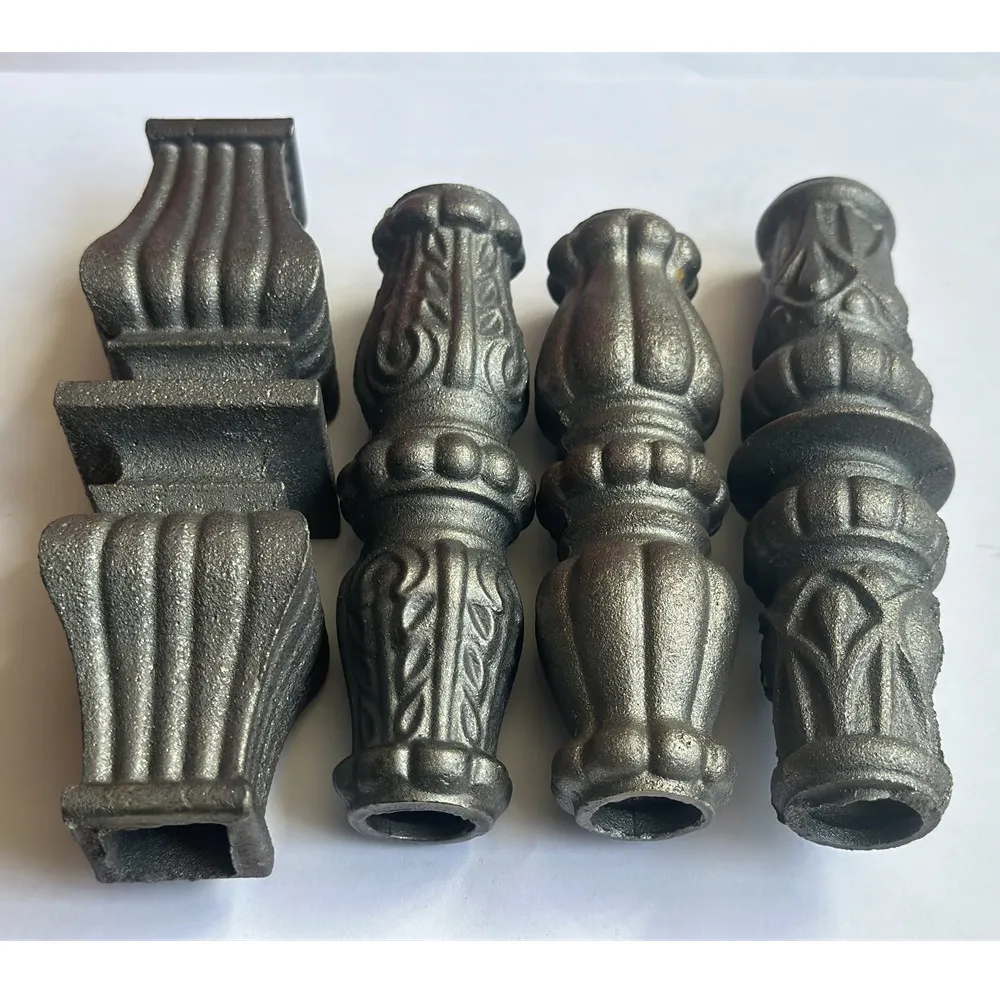rollers for a sliding door
Rollers for a Sliding Door Enhancing Functionality and Convenience
Sliding doors have become increasingly popular in modern architecture due to their space-saving design and aesthetic appeal. Whether in homes or commercial buildings, they offer a seamless transition between indoor and outdoor spaces. However, one crucial component that ensures the smooth operation of a sliding door is its rollers. Understanding the significance of these rollers can help homeowners and builders make informed choices for their projects.
What Are Rollers?
Rollers are small, often cylindrical components that support the weight of sliding doors, allowing them to glide effortlessly along their tracks. They are typically made from durable materials, such as nylon, plastic, or metal, and are designed to minimize friction between the door and the track. The effectiveness of these rollers directly influences how smoothly a sliding door opens and closes.
Types of Rollers
1. Nylon Rollers Often used in residential sliding doors, nylon rollers are lightweight, corrosion-resistant, and relatively quiet. They are ideal for lighter doors and provide a smooth operation, making them a popular choice for homes.
2. Metal Rollers Usually found in heavier sliding doors, such as those made of glass or solid wood, metal rollers offer increased strength and durability. They can handle greater weights and are resistant to wear over time. However, they may produce more noise compared to nylon options.
3. Ball Bearing Rollers These rollers use ball bearings to reduce friction, allowing for a smoother and quieter operation. They can be made from either nylon or metal and are often used in high-end sliding doors to enhance performance.
4. Adjustable Rollers Some sliding doors come with adjustable rollers, enabling users to fine-tune the door's height and alignment. This feature is particularly useful for maintaining the door's position over time, compensating for any settling or wear.
rollers for a sliding door

The Importance of Quality Rollers
Investing in high-quality rollers is crucial for the longevity and functionality of sliding doors. Poor-quality rollers can lead to issues such as jamming, difficulty in opening and closing, and excessive wear on the door and track. Regular maintenance, including cleaning the rollers and tracks, is also essential to ensure optimal performance.
Quality rollers can significantly impact a door’s overall functionality, thus enhancing convenience for the user. Smoothly operating doors can improve daily activities, such as moving between rooms or accessing outdoor spaces. Additionally, a well-functioning sliding door adds to the home’s aesthetic, creating a cohesive and inviting atmosphere.
Installation and Maintenance
When installing sliding doors, it is essential to choose the right type of roller based on the door's weight and usage. Professional installation ensures that all components are properly aligned, which is vital for smooth operation.
In addition, regular maintenance checks are essential to prolong the lifespan of the rollers. This includes cleaning the tracks to remove dirt and debris, lubricating the rollers, and inspecting them for signs of wear or damage. Addressing these issues promptly can prevent costly repairs or replacements in the future.
Conclusion
Rollers for sliding doors are small yet significant components that significantly affect the functionality and aesthetics of a sliding door system. By understanding the different types of rollers available and their importance in the overall operation of sliding doors, homeowners and builders can make the best choices for their projects. Investing in quality rollers and ensuring proper installation and maintenance will lead to smooth, hassle-free operation and enhance the overall experience of using sliding doors in any space.
-
Wrought Iron Components: Timeless Elegance and Structural StrengthNewsJul.28,2025
-
Window Hardware Essentials: Rollers, Handles, and Locking SolutionsNewsJul.28,2025
-
Small Agricultural Processing Machines: Corn Threshers, Cassava Chippers, Grain Peelers & Chaff CuttersNewsJul.28,2025
-
Sliding Rollers: Smooth, Silent, and Built to LastNewsJul.28,2025
-
Cast Iron Stoves: Timeless Heating with Modern EfficiencyNewsJul.28,2025
-
Cast Iron Pipe and Fitting: Durable, Fire-Resistant Solutions for Plumbing and DrainageNewsJul.28,2025
-
 Wrought Iron Components: Timeless Elegance and Structural StrengthJul-28-2025Wrought Iron Components: Timeless Elegance and Structural Strength
Wrought Iron Components: Timeless Elegance and Structural StrengthJul-28-2025Wrought Iron Components: Timeless Elegance and Structural Strength -
 Window Hardware Essentials: Rollers, Handles, and Locking SolutionsJul-28-2025Window Hardware Essentials: Rollers, Handles, and Locking Solutions
Window Hardware Essentials: Rollers, Handles, and Locking SolutionsJul-28-2025Window Hardware Essentials: Rollers, Handles, and Locking Solutions -
 Small Agricultural Processing Machines: Corn Threshers, Cassava Chippers, Grain Peelers & Chaff CuttersJul-28-2025Small Agricultural Processing Machines: Corn Threshers, Cassava Chippers, Grain Peelers & Chaff Cutters
Small Agricultural Processing Machines: Corn Threshers, Cassava Chippers, Grain Peelers & Chaff CuttersJul-28-2025Small Agricultural Processing Machines: Corn Threshers, Cassava Chippers, Grain Peelers & Chaff Cutters












